Two-Factor Authentication Explained
Two-Factor Authentication (2FA) is a simple way to keep your online accounts safe. It adds an extra step to your login, making it tougher for hackers to break in. This article dives into what 2FA is, how it works, and why it matters for your online privacy.
What Is Two-Factor Authentication?
Imagine locking your front door with two keys instead of one. That’s what Two-Factor Authentication does for your online accounts. It asks for two things: something you know (your password) and something you have (like your phone). This combo makes it way harder for someone to sneak in, even if they guess your password. Want to dig deeper? Check out Two-Factor Authentication Explained - https://example.com/two-factor-authentication.
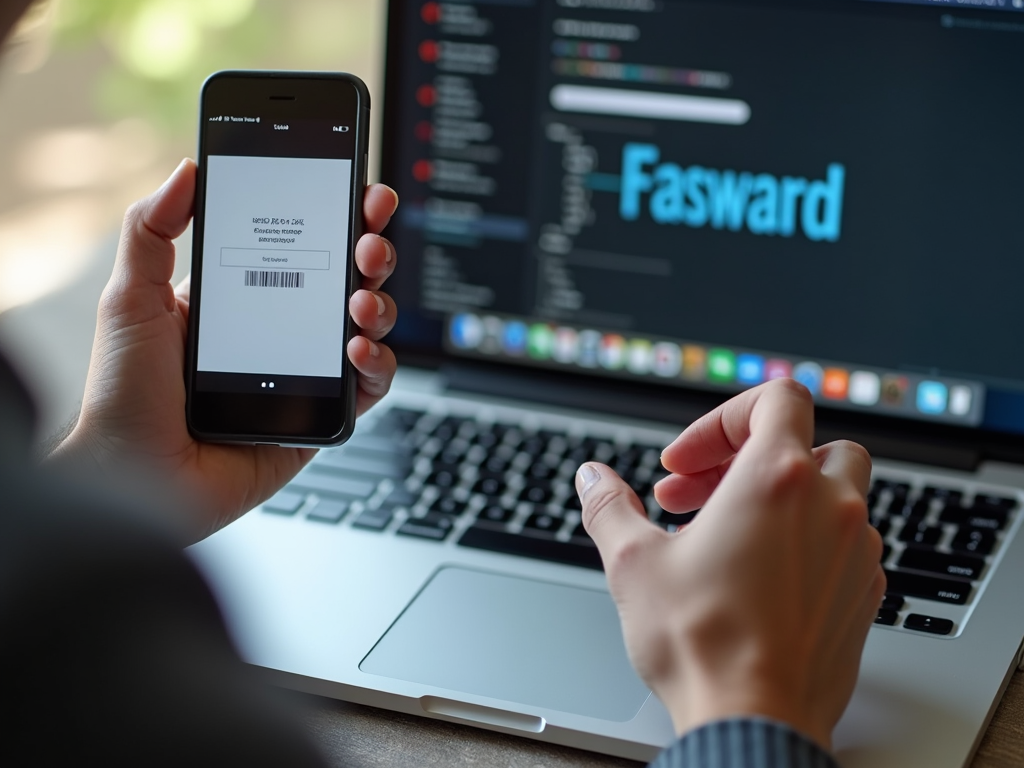
How Does 2FA Work?
Here’s the basic rundown:
- You enter your username and password as usual.
- Then, you provide a second piece of proof—like a code sent to your phone.
This code might come through a text, an email, or an app like Google Authenticator. It changes every time, so it’s tough for anyone else to use it. According to NIST, using 2FA cuts down unauthorized access risks big time.
Why 2FA Matters
Passwords alone aren’t enough anymore. Hackers can steal them through tricks like phishing or data breaches. 2FA steps in as a backup plan. If someone gets your password, they still can’t log in without that second factor. It’s like having a guard dog after your lock gets picked—it stops trouble in its tracks.
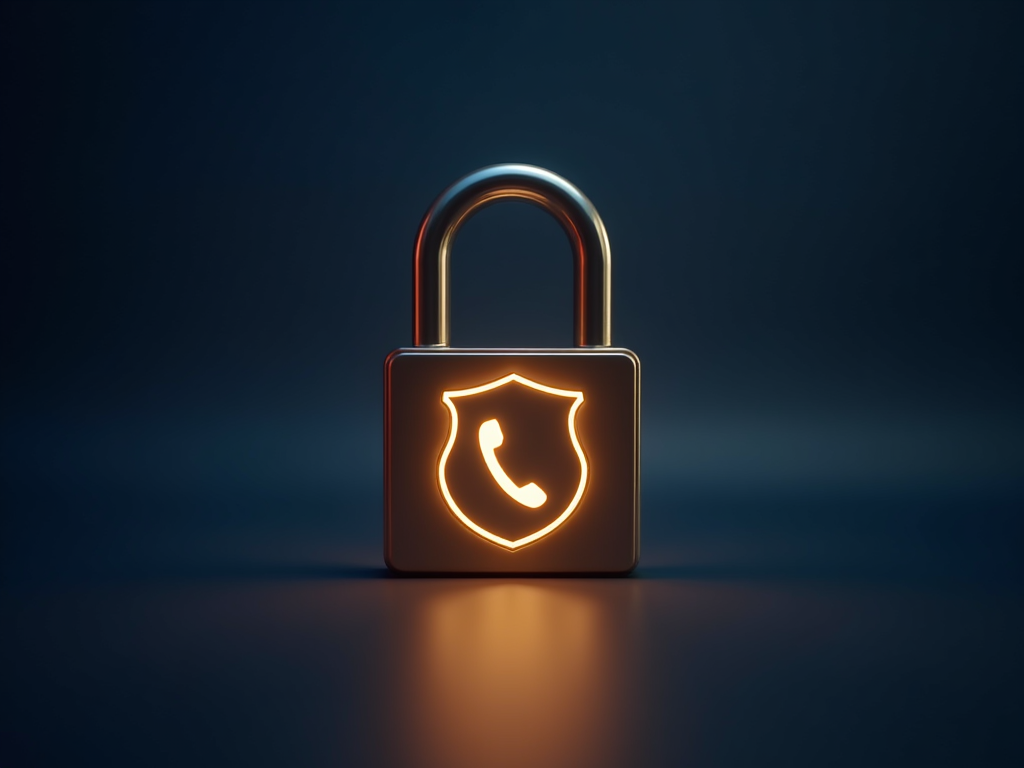
My Journey with 2FA
A few years back, a friend lost their email account to a hacker. That woke me up. I turned on 2FA for my email, bank, and social media right away. At first, I thought it’d be a hassle, but it’s not. I use an app on my phone to get codes, and it takes maybe 10 seconds extra. Knowing my stuff is safer makes it worth it.
2FA and Online Privacy
Keeping your info private online is a big deal these days. 2FA helps by locking down your accounts. But it’s not the only tool out there. Pair it with things like secure browsers to boost your online privacy. Curious about browsers? Read up on Firefox Focus vs DuckDuckGo: which mobile browser is more private?.
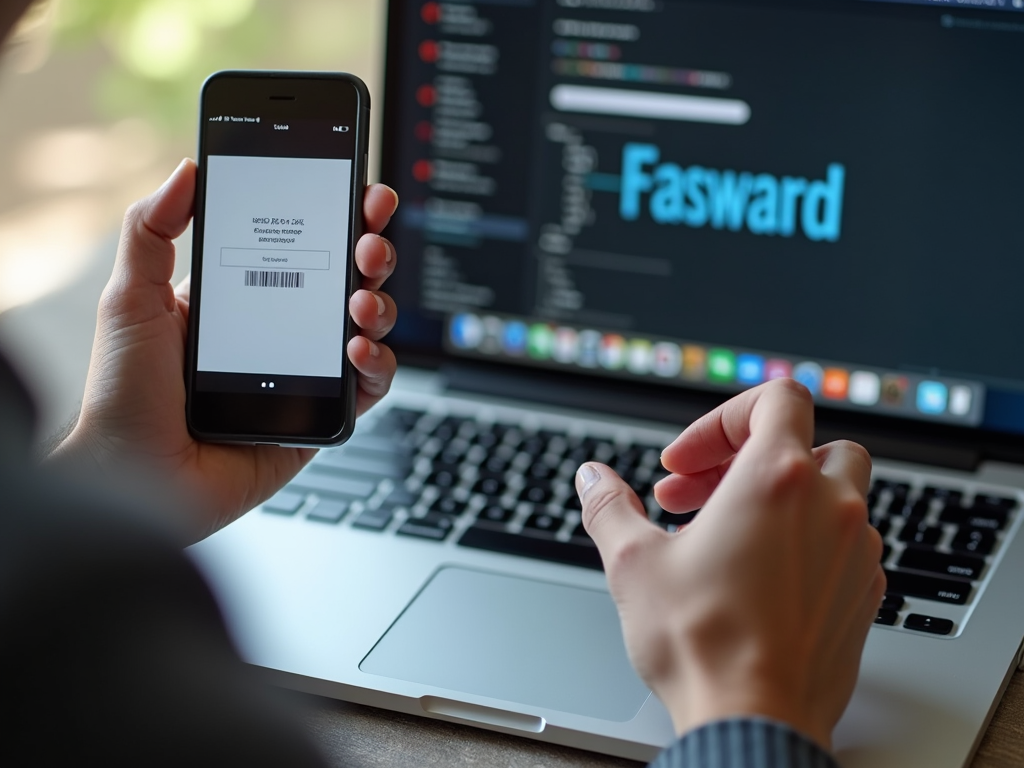
How to Set Up 2FA
Getting started is easy. Here’s how:
- Find the Setting: Log into your account and look for “Security” or “Login” options.
- Turn It On: Pick “Enable 2FA” or something similar.
- Pick Your Method: Choose texts, an app, or even email for your codes.
- Set It Up: Follow the steps—like scanning a QR code with your phone.
- Save a Backup: Write down any backup codes they give you, just in case.
Most sites make it quick. I’ve done it for Gmail and my bank in under five minutes.
Types of 2FA
Not all 2FA is the same. Here’s a table to break it down:
| Method | How It Works | Pros | Cons |
|---|---|---|---|
| Text Message | Code sent to your phone | Easy to use | Can be hacked |
| Authenticator App | App generates a code | Super secure | Needs your phone |
| Code sent to your inbox | Simple | Email must be secure | |
| Hardware Token | Physical device makes a code | Top security | Costs money, can lose |
I stick with apps—they’re free and reliable.
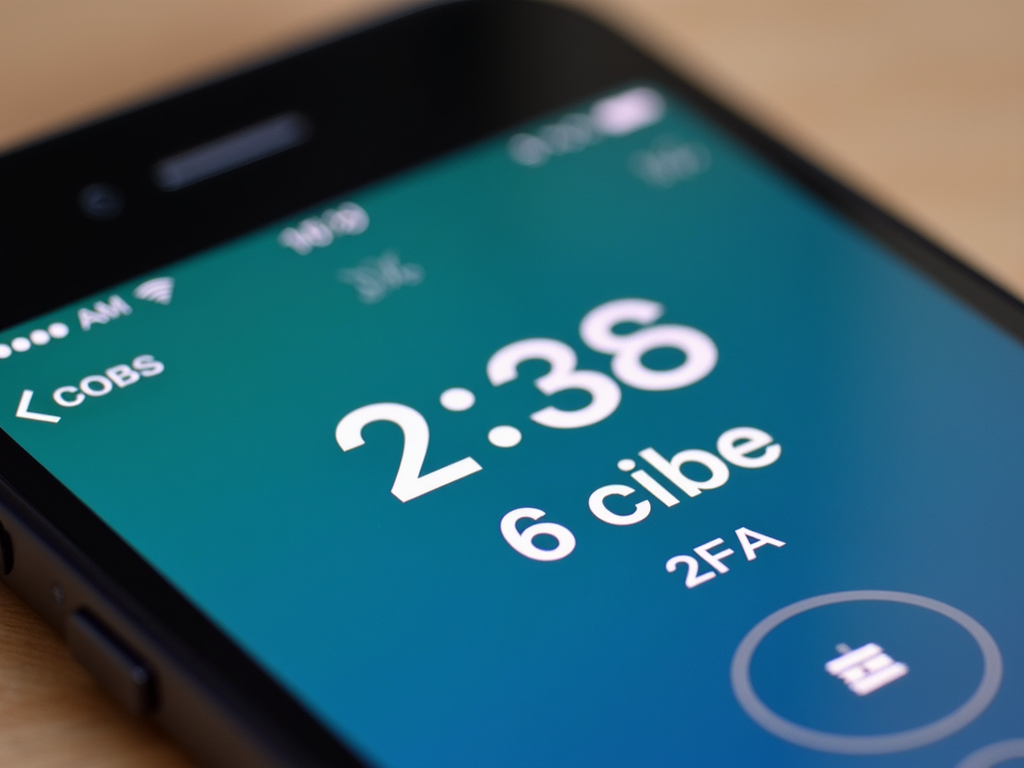
Real-World Benefits
Studies show 2FA works. Microsoft says it stops 99.9% of account attacks. That’s huge. For me, it’s peace of mind. I don’t worry as much about someone snooping in my accounts, even when I’m using public Wi-Fi or random apps.
Pairing 2FA with Other Tools
2FA is awesome, but it’s even better with extras. Use it alongside online privacy tools like VPNs or encrypted messaging apps. Need tips on staying safe? See How to Protect Your Data When Using Online Tools for practical ideas.

Common Questions About 2FA
People ask me stuff like: “What if I lose my phone?” Most services give you backup codes or let you use a second device. Another big one: “Is it really worth it?” Yes! The small effort beats dealing with a hacked account any day.
Getting Everyone On Board
I’ve convinced my family to use 2FA too. My mom was hesitant—she’s not techy—but I showed her how simple it is. Now she feels safer shopping online. If we all use it, hackers have a harder time winning.
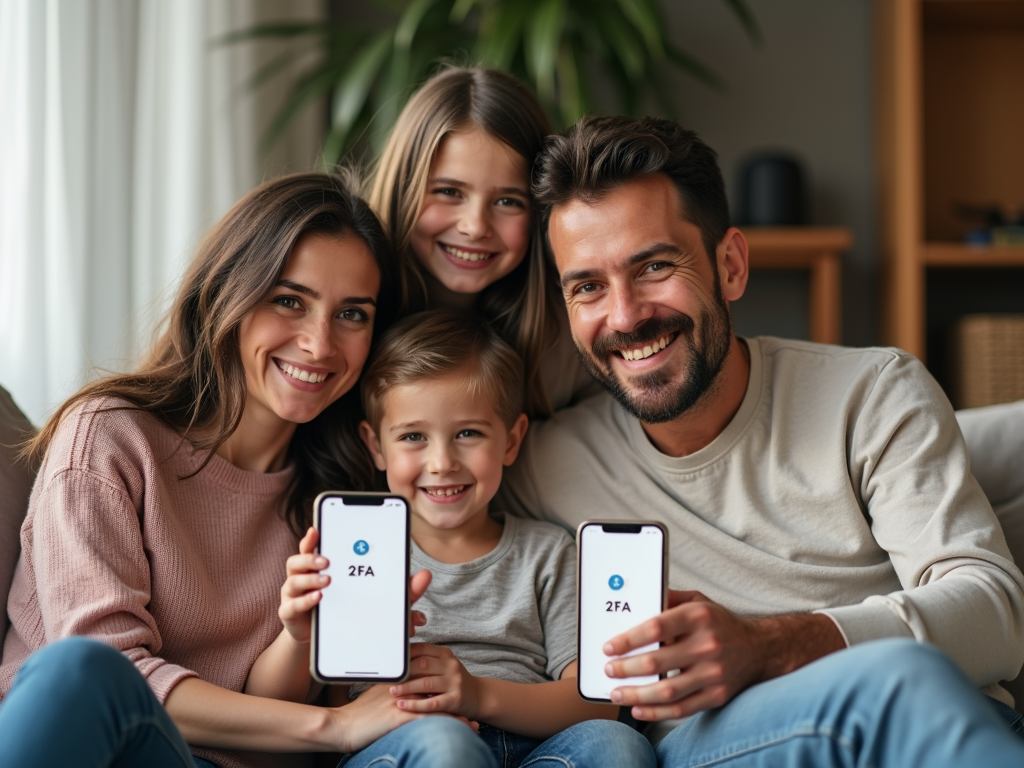
Final Thoughts
Two-Factor Authentication isn’t just a tech trick—it’s a shield for your digital life. It’s easy to set up, works like a charm, and keeps your info safer. Add it to your routine, and pair it with other online privacy tools. Your future self will thank you.